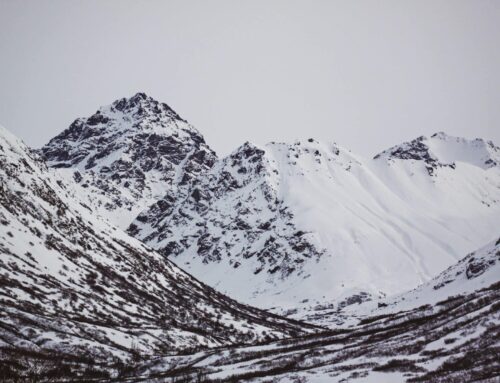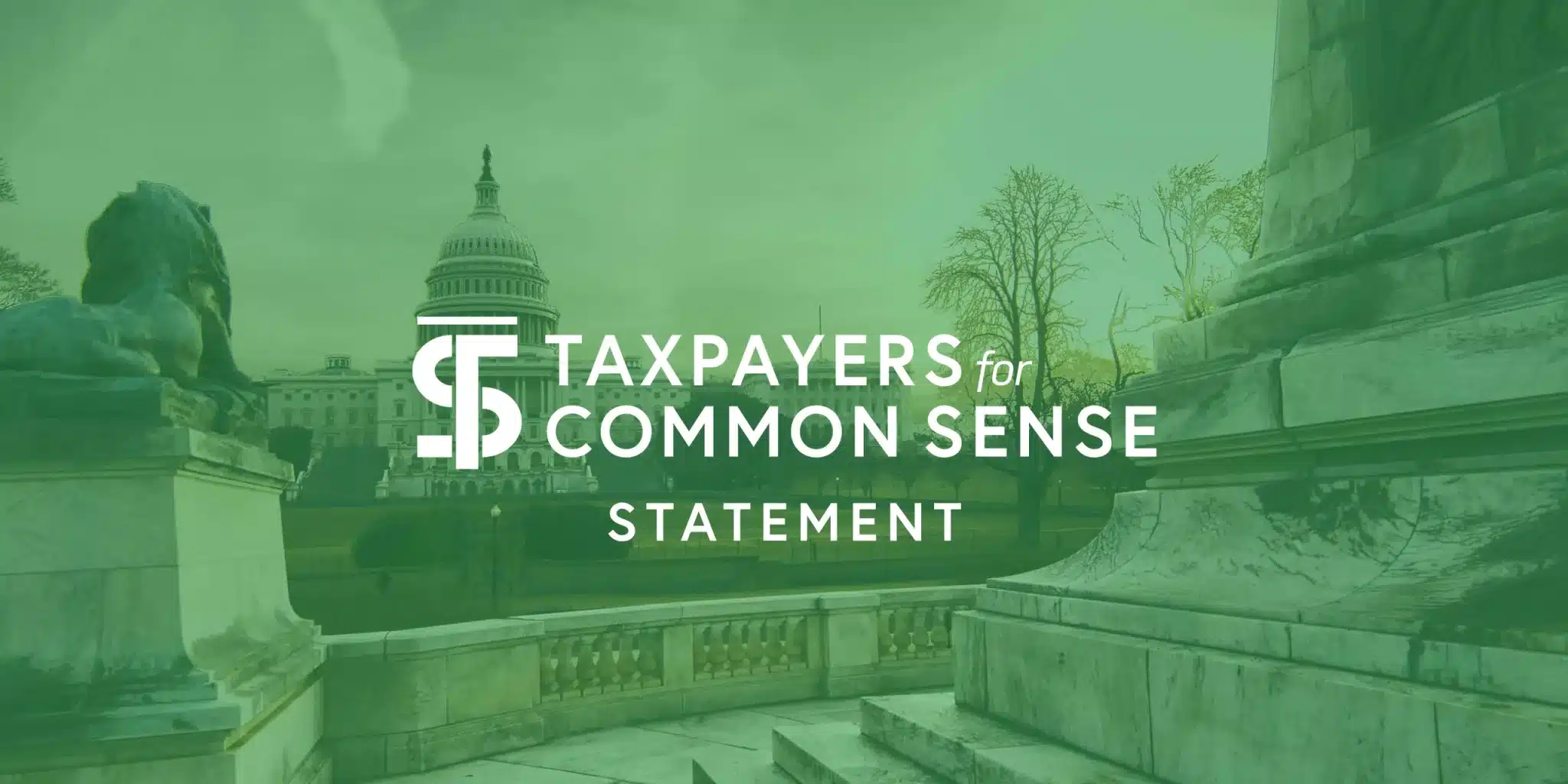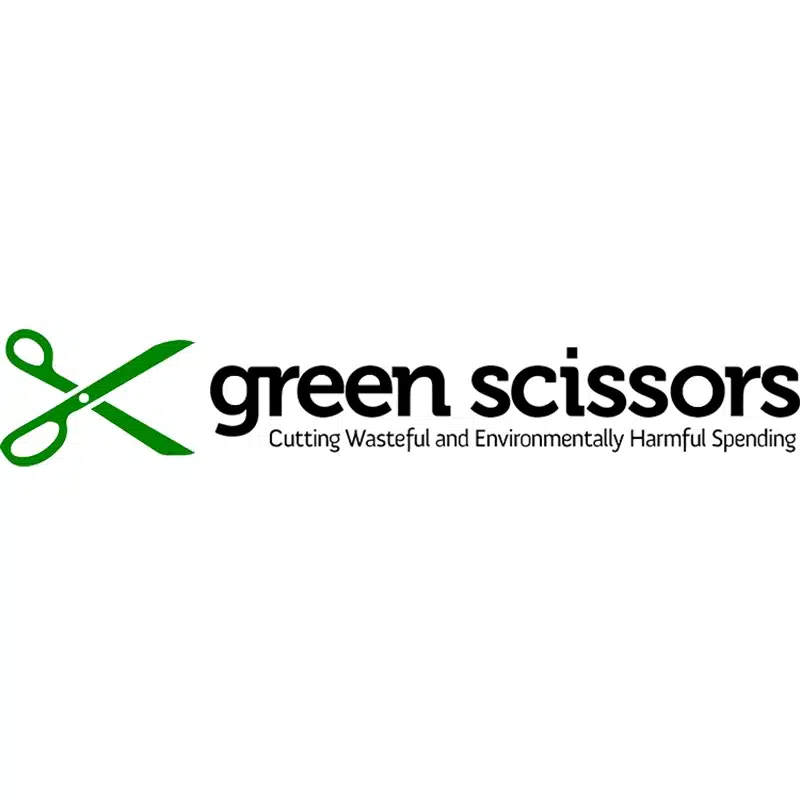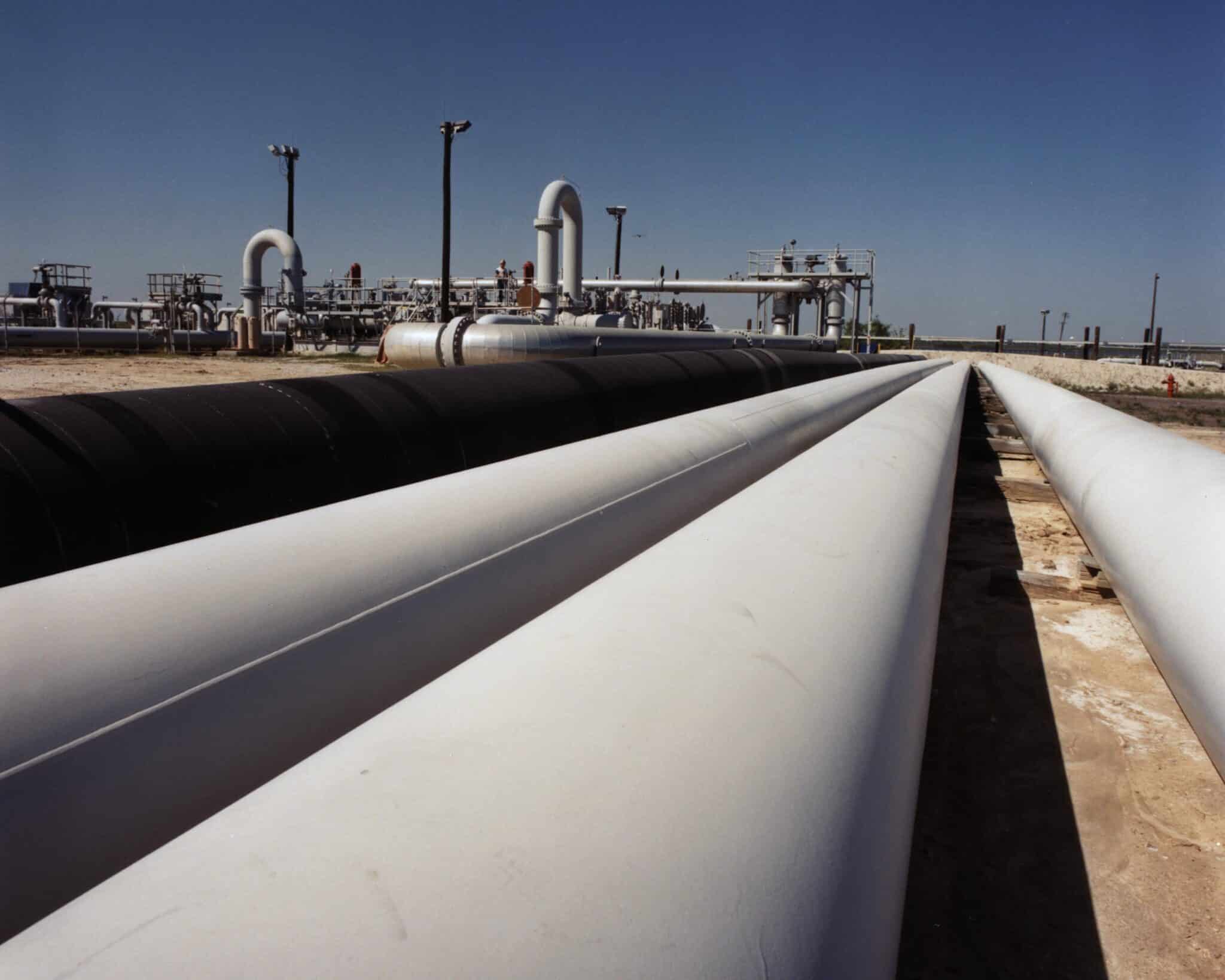Over the next week the House will consider overturning a laundry list of regulations adopted by the last administration using the Congressional Review Act or CRA.
If successful, this would mark only the second time Congress has overturned a rule using the CRA, and for good reason. The CRA is a sledgehammer approach to ending government regulation – it prevents adoption of any similar rule, ever, unless Congress explicitly passes legislation to allow it. In at least the case of the new methane rule, Congress should not swing the sledgehammer. Doing so will only lead to an increase in government waste.
In November, the Bureau of Land Management finally issued a rule addressing the waste of natural gas from oil and gas wells on federal lands. It replaces a six page notice to federal leaseholders issued in 1979. Throughout a rulemaking process that began in 2011 and included a series of forums and hearings across the country, the BLM received in excess of 300,000 comments from the public.
Over the last three decades oil and gas drilling has changed dramatically, with the advent of new techniques like hydraulic fracturing and dramatically increased production, making the old rules woefully inadequate. Over the years, multiple investigations and reviews of the BLM’s management of onshore oil and gas resources have concluded that too much natural gas was being wasted during drilling, and that BLM needed to address the problem.
Besides the waste of a valuable resource, the vague language of the original notice meant that almost no royalties were paid on this lost gas, which has a market value of about $330 million annually. In 2011, the Government Accountability Office put Management of Federal Oil and Gas Resources on its list of “high risk” government programs – those with “greater vulnerabilities to fraud, waste, abuse, and mismanagement.”
Opposition to a particular government regulation should not mean overlooking potential waste, fraud, and abuse at the expense of taxpayers. The oil and gas industry argues that companies, not the BLM, should decide when to pay a royalty on gas that is lost during drilling. This is a ridiculous claim, one a private landowner would balk at. Taxpayers own this resource, and it is insulting and irresponsible that we would defer to the oil and gas industry to tell us when it will pay for it. Moreover, the system created by the 1979 rules includes minimal oversight, meaning the industry can tell us whatever it wants, which helps explain why it is on the list of “high risk” programs.
The BLM methane rule is on the short list of regulations Congress is considering undoing with the CRA. If it does, the BLM will not be allowed to issue any rule in the future that would update the old ones. Only Congress would be allowed to take up the issue. Given Congress’s abysmal track record on even passing annual spending bills – something no-less than the Constitution calls for – this would effectively make the more than 35-year-old rule permanent. As production on federal lands continues to expand and the price of natural gas recovers from historic lows, this will lock in taxpayer losses.
No regulation is perfect, but rather than throwing the good out with the bad, Congress should remember that the new administration has the power to revise the BLM’s rule. If Congress repeals it through the CRA, the BLM will be unable to do anything about wasted gas. This is not in the best interests of taxpayers. The BLM has an important role to play in the management of federal lands, and taking it out of the game is both irresponsible and a bad way of doing business.











Get Social